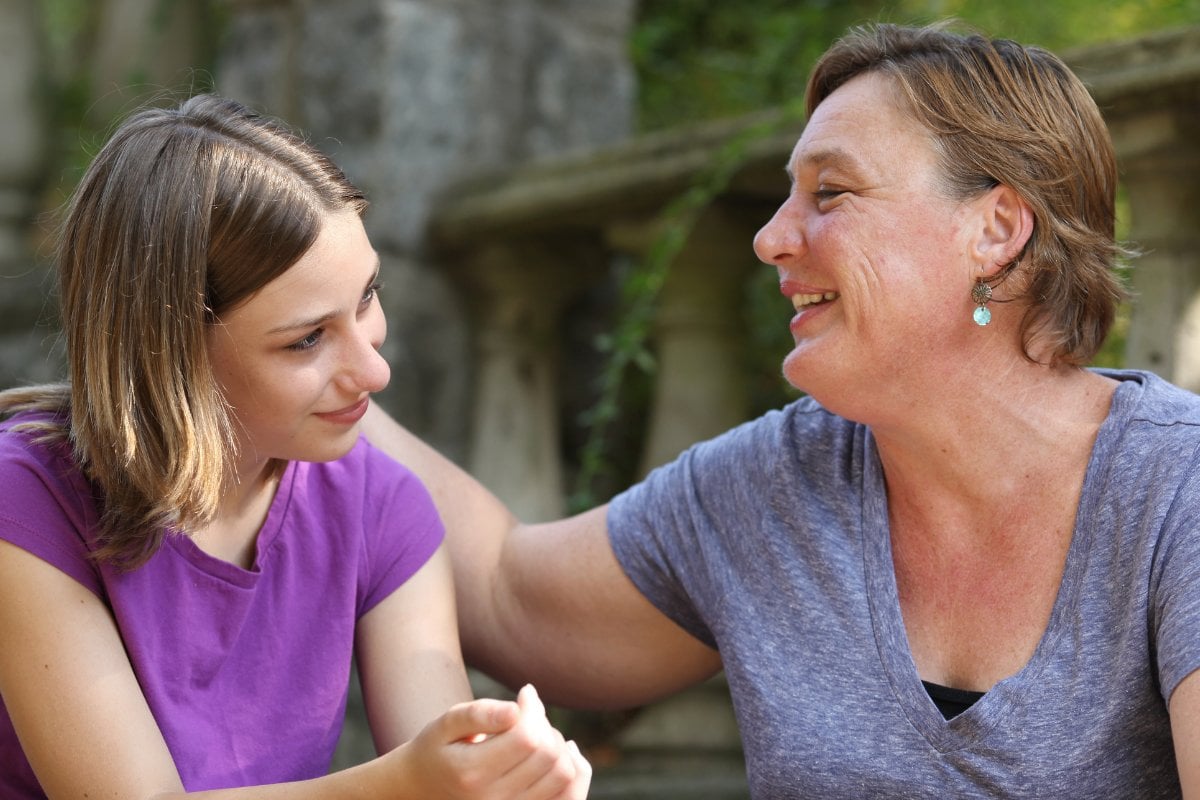

Talking to teenagers about health issues can feel like walking a tightrope. Let’s face it, teens can think they know everything.
They’re also likely to be seeking more independence, forming their own opinions and questioning absolutely everything — including advice from parents.
Taking responsibility for your own health is a good thing and should be encouraged. If your teen is questioning their immunisation schedule, let them. Just be prepared to take the time to have a conversation that empowers them.
Here’s how you can approach the topic with empathy and facts at the forefront, based on the kinds of questions your teen might be asking.
"Why is immunisation important?"
When answering this question, think about what’s important to teens — namely, themselves! Discussing the long-term benefits of vaccines might not resonate. Instead, connect the importance of immunisation to their immediate world.
Let them know that immunisations essentially help prevent them from getting really sick. Remind them that getting the flu or worse could mean missing out on school, sports or even that party they've been looking forward to. Although it feels grim, they also need to be aware of how devastating and potentially deadly some of these illnesses can be.
Teens are capable of empathy, so remind them that immunisation is not just about protecting themselves but also others, especially those who are more vulnerable, which might include younger siblings, grandparents or friends with health conditions.
If your teen is interested in science or global issues, you can also explain the broader impact of vaccines, such as the eradication and control of certain diseases. By getting immunised, they’re part of the solution, not the problem.




























































































